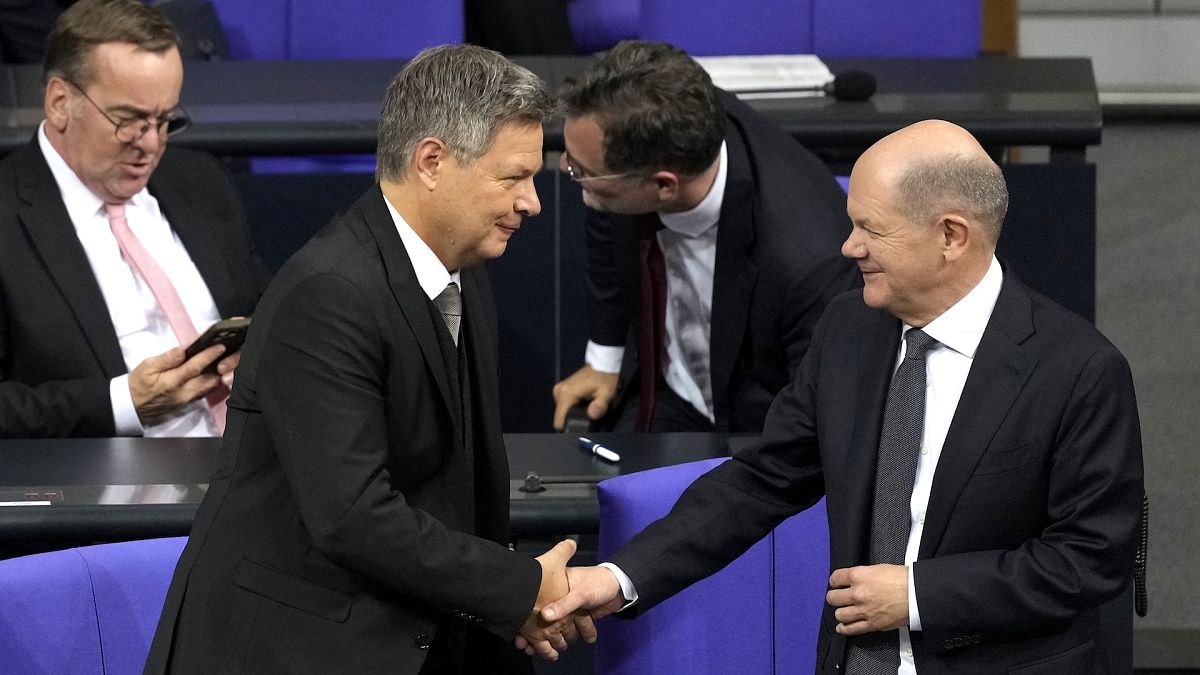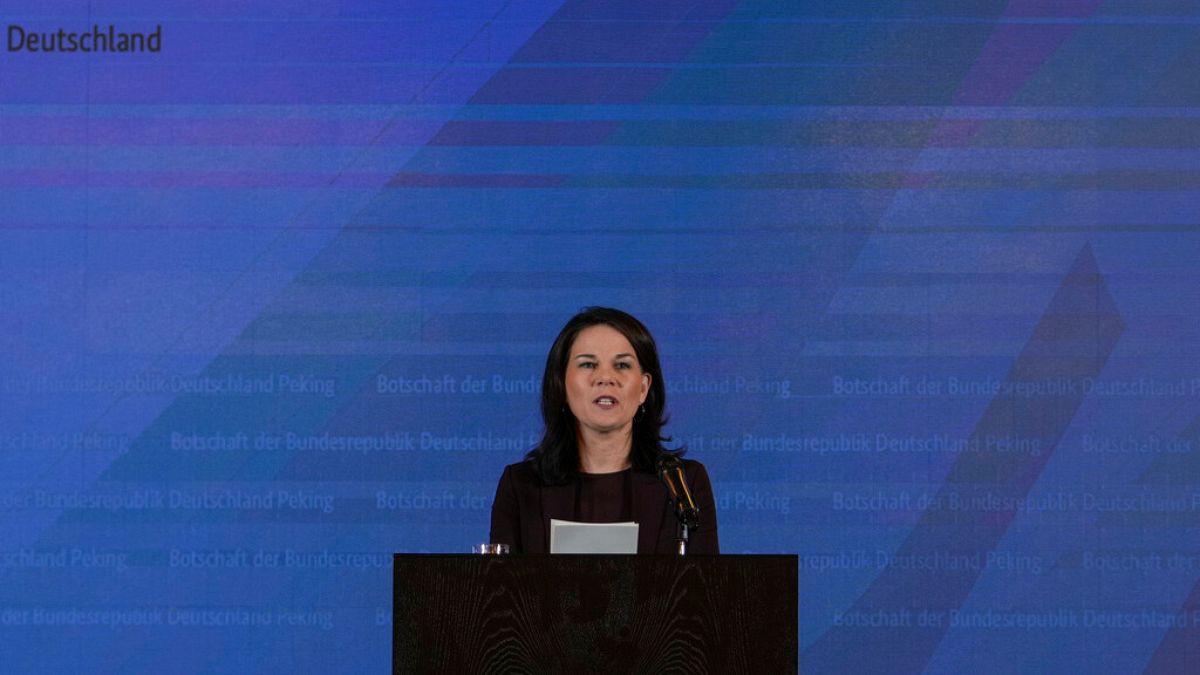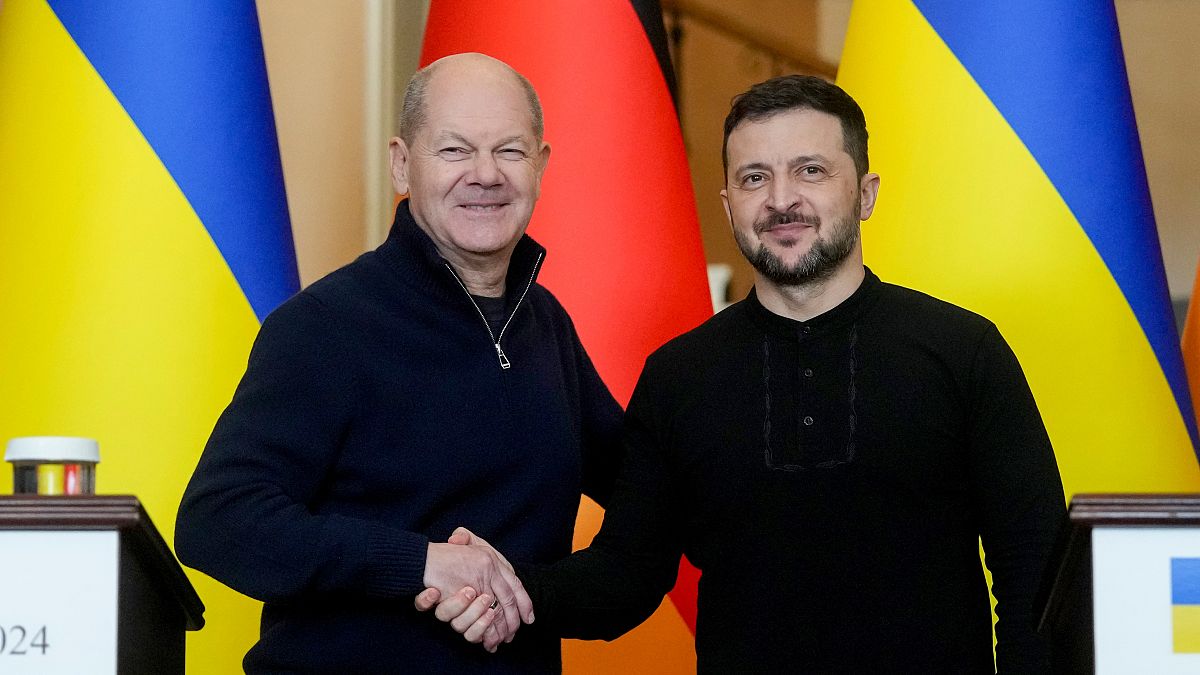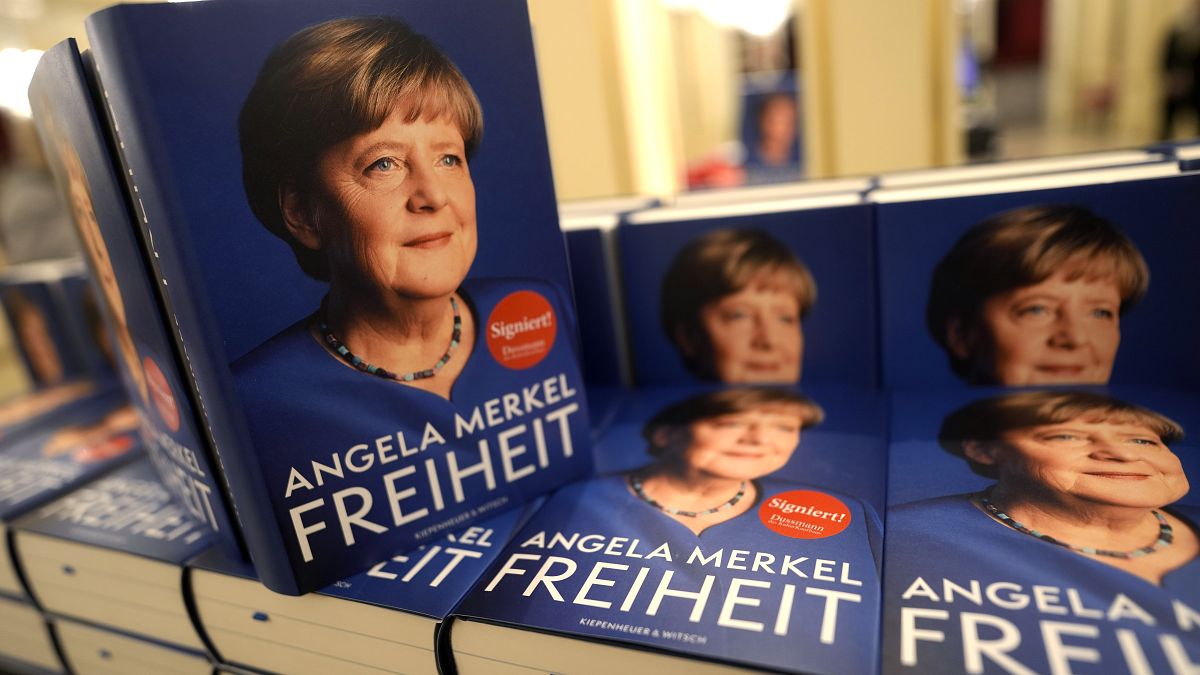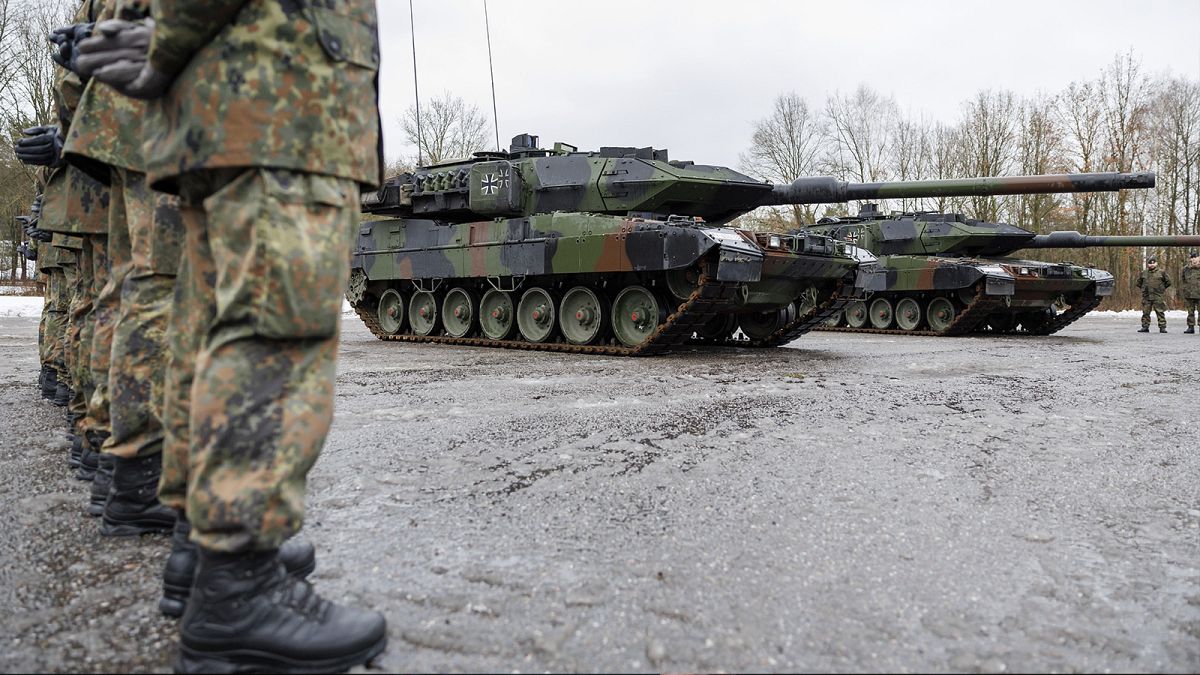Germany spy chief warns Russia is stoking anti-government sentiment

The head of Germany’s domestic intelligence agency warned of a rise in anti-government extremism that seeks to divide society and topple the government.
The head of Germany’s domestic intelligence agency warned Monday of a rise in anti-government extremism – fueled by authoritarian states such as Russia – that seeks to divide society and topple the government.
German security agencies have disrupted several plots in recent years by small groups linked to the Reich Citizens movement accused of planning attacks on critical infrastructure, government officials and even the national parliament. While it is unclear how far advanced such plans were, authorities have expressed alarm that the alleged plotters had acquired weapons and included people who aren’t usually on the radar of security agencies, such as judges and police officers.
Thomas Haldenwang, who heads the Federal Office for the Protection of the Constitution, or BfV, said the mixing of previously separate groups — from far-right extremists to QAnon conspiracy theorists — and their willingness to use violence was particularly worrying.
“What links all of these groups is that they despise our state and our democracy, reject it and want to abolish it,” he told The Associated Press in an interview in Berlin.
Haldenwang said anti-government extremists consciously use wedge issues to stoke fear and gain new followers. These include migration — where far-right actors have perpetuated the myth of a “great replacement” — but also government measures to curb the coronavirus pandemic and combat climate change.
“All of these issues can be used to spread a particular narrative and give the impression that the state isn’t in control of certain situations and therefore it needs to be toppled,” he said.
The BfV chief said such trends are actively fueled by countries like Russia, which has an interest in destabilizing democracy in Europe’s biggest economy.
Haldenwang cited disinformation being spread by Russian state media and internet platforms, but said key influencers are also targeted by Russia’s agents in Berlin to carry propaganda into German society.
“Naturally there are attempts to get close to certain politicians on the right or left fringes,” he told The AP. “Less so to support those political parties than to use their role to split society.”
Aside from the far-right Alternative for Germany party, which has come under scrutiny from the BfV, among the most prominent figures attacking the government are Left party lawmaker Sahra Wagenknecht and Haldenwang’s own predecessor, Hans-Georg Maassen, who was fired five years ago after downplaying anti-migrant violence.
“Of course it’s nice for Russian actors if they can win such people over for their purposes and possibly use their influence in certain audiences,” said Haldenwang.
“If those people have a large number of followers in certain media then the aim of dividing society is achieved in that way,” he said, adding: “The fact that my predecessor allows himself to become a mouthpiece for this is something that irritates me beyond all measure.”
Source: Euro News


